CIVIL ENGINEERING
- Home
- Message from HOD
- PO PEO PSO
- Faculty
- Laboratories
- Industrial Visits
- Guest Lecture
- Result
- Downloads
- Previous year Question Papers
- Books Published/Edited
- Patents Published/Granted
- Projects Funded
- Feedback
- E-Newsletters
- E-Magazine
- Teaching and Learning Resources
- Skill Based Development Courses
Vision
Develop proficient Civil Engineer with technical competency and managerial ability so as to contribute in Nation Building.
Mission
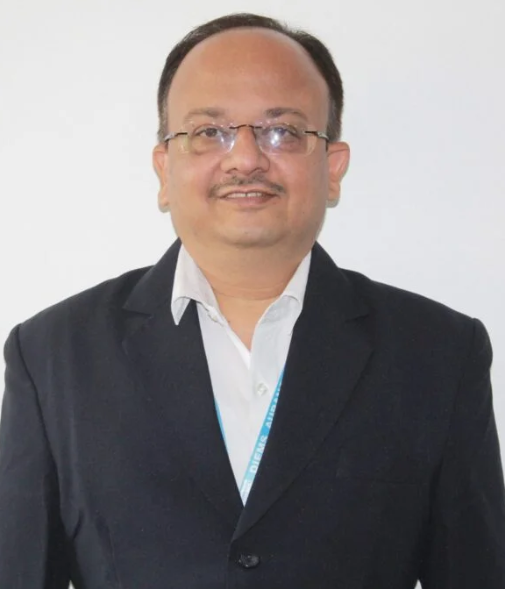
On behalf of all our faculty, staff, and students, I would like to welcome you to the Civil Engineering Department at Deogiri Institute of Engineering and Management Studies, Aurangabad.
As the Head of the department, I am extremely proud of our role in providing high-quality education and hands-on experience to our students. Right from its inception in 2009, the Civil Engineering Department has earned tremendous reputation for qualitative teaching-learning process, meaningful teacher-student interactions, state-of-the-art laboratories, and well-qualified faculty; positively contributing to the community through teaching, research, and consultancy activities.
With a well-planned mission and untiring efforts of our highly committed faculty, staff, and students, the department is striving hard to develop proficient Civil Engineer with technical competency and managerial ability so as to contribute in Nation Building. Our department is constantly working towards all-round skill development of our students by organizing Expert talk by Industry persons, Industrial Visits, Seminars, Inspire talks, workshops, conferences.
Apart from this, Civil Engineering Department is providing Engineering Consultancy services for various Government as well as private construction projects. I am very proud to inform you that DIEMS is the First Engineering Institute in the Marathwada region having NABL accreditation for Civil Engineering laboratories.
With warm regards,
Dr. G. R. Gandhe
Professor & Head
Civil Engineering Department
Email: hodcivil@dietms.org
Program Outcomes
-
Engineering knowledge
Apply the knowledge of mathematics, science, engineering fundamentals, and an engineering specialization to the solution of complex engineering problems
-
Problem analysis
Identify, formulate, review research literature, and analyze complex engineering problems reaching substantiated conclusions using first principles of mathematics, natural sciences, and engineering sciences.
-
Design/development of solutions
Design solutions for complex engineering problems and design system components or processes that meet the specified needs with appropriate consideration for the public health and safety, and the cultural, societal, and environmental considerations.
-
Conduct investigations of complex problems
Use research-based knowledge and research methods including design of experiments, analysis and interpretation of data, and synthesis of the information to provide valid conclusions.
-
Modern tool usage
Create, select, and apply appropriate techniques, resources, and modern engineering and IT tools including prediction and modeling to complex engineering activities with an understanding of the limitations.
-
The engineer and society
Apply reasoning informed by the contextual knowledge to assess societal, health, safety, legal and cultural issues and the consequent responsibilities relevant to the professional engineering practice.
-
Environment and sustainability
Understand the impact of the professional engineering solutions in societal and environmental contexts, and demonstrate the knowledge of, and need for sustainable development.
-
Ethics
Apply ethical principles and commit to professional ethics and responsibilities and norms of the engineering practice.
-
Individual and team work
Function effectively as an individual, and as a member or leader in diverse teams, and in multidisciplinary settings.
-
Communication
Communicate effectively on complex engineering activities with the engineering community and with society at large, such as, being able to comprehend and write effective reports and design documentation, make effective presentations, and give and receive clear instructions.
-
Project management and finance
Demonstrate knowledge and understanding of the engineering and management principles and apply these to one’s own work, as a member and leader in a team, to manage projects and in multidisciplinary environments.
-
Life-long learning
Recognize the need for, and have the preparation and ability to engage in independent and life-long learning in the broadest context of technological change.
PEO
-
PEO 1
Graduate would be able to apply technical competence to identify and resolve problems of Civil Engineering and enabling them for lifelong learning to meet specified needs of society.
-
PEO 2
Graduate would be able to exhibit professionalism along with use of modern scientific advancements for successful careers in different sectors of Civil Engineering.
-
PEO 3
Graduate would be able to exhibit professional ethics, management and leadership qualities which will facilitate interpersonal skills and thus evolving as an entrepreneur.
PSO
-
To provide the students with comprehensive and balanced understanding of core domains in civil engineering.
-
Students would be able to proficiently design and build civil engineering-based systems in divergent domains in consideration to the societal needs so as to serve the community as ethical and responsible professionals.
-
Expertise to identify, analyze, design and delivering solutions to various civil engineering problems so as to promote sustainable development.

Dr.G.R.Gandhe
Designation: Professor & HOD
Qualification: B.E.(Civil),M.E.(structures),Ph.D (Civil)
Teaching Experience: 20 Years
International Publications: 35
National Publications: 20 (1 Indian Patent)
Email: hodcivil@dietms.org
Contact NO: 9822792354

Dr. S. D. Shinde
Designation: Assistant Professor
Qualification: B.Tech, M.E.(WRE),PhD(Civil Engineering)
Teaching Experience: 18 Years
International Publications: 10
National Publications: 3
Email: sunilshinde@dietms.org
Contact NO: 7887449524
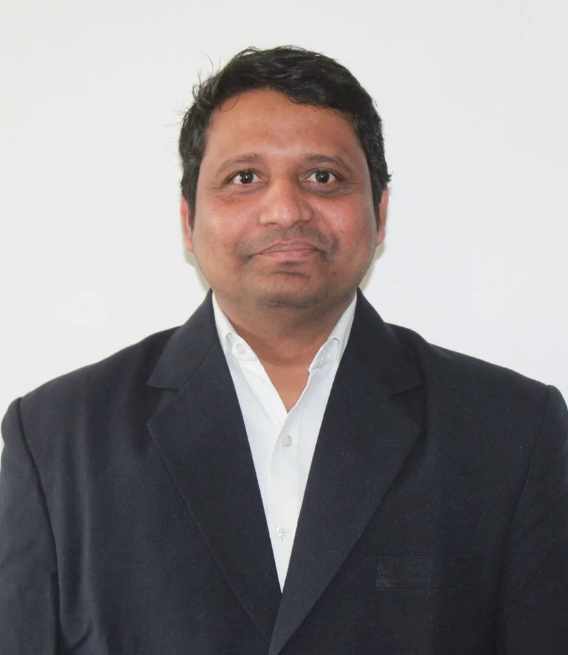
Dr. D. H. Tupe
Designation: Associate Professor
Qualification: PhD (Structure)
Teaching Experience: 13 Years
International Publications: 31
National Publications:
Email: durgeshtupe@dietms.org
Contact NO: 9423730607
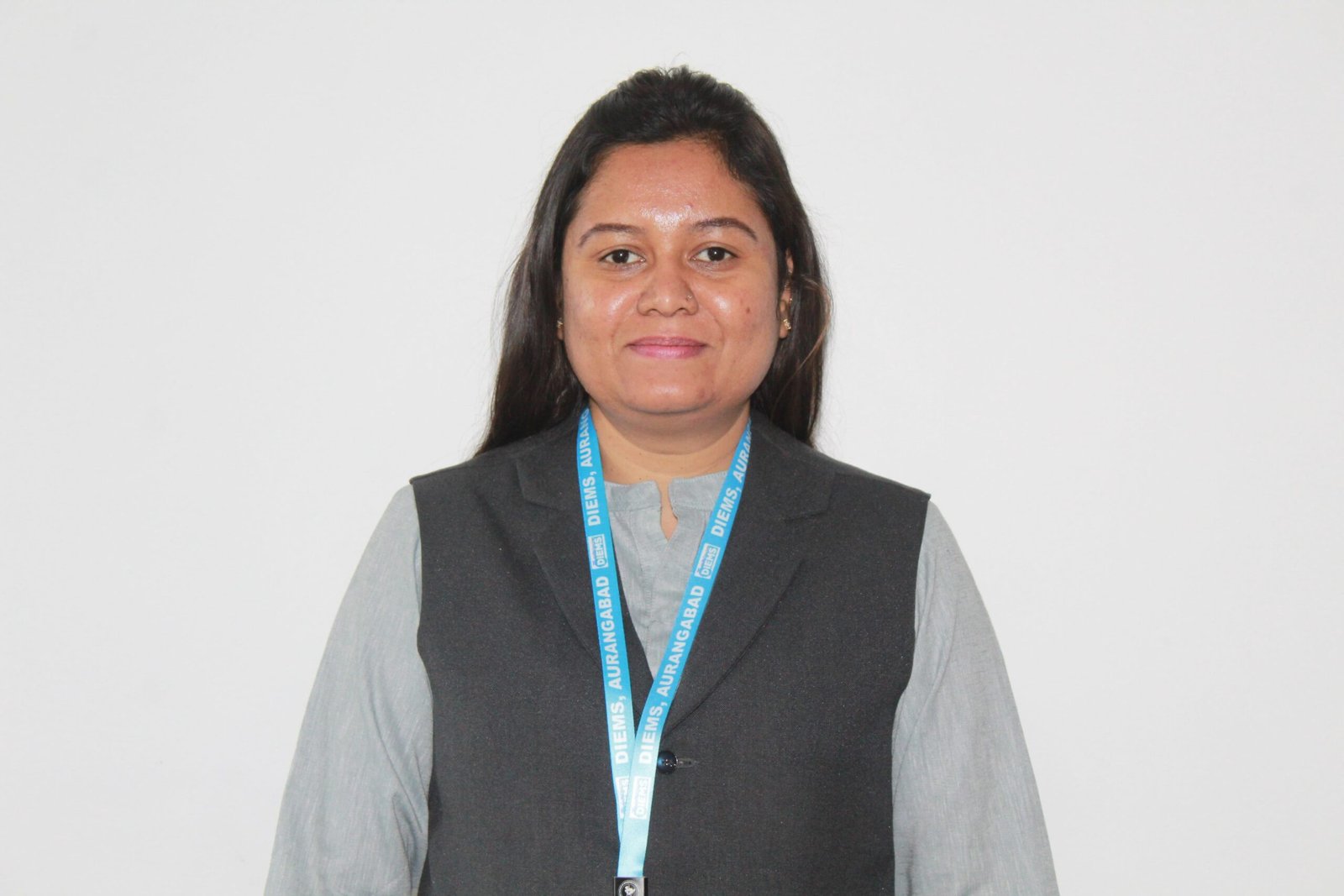
Miss. A. K. Pardeshi
Designation: Assistant Professor
Qualification: M.E (WRE)
Teaching Experience: 13 Years
International Publications:
National Publications:
Email: alkapardeshi@dietms.org
Contact NO: 8983186736
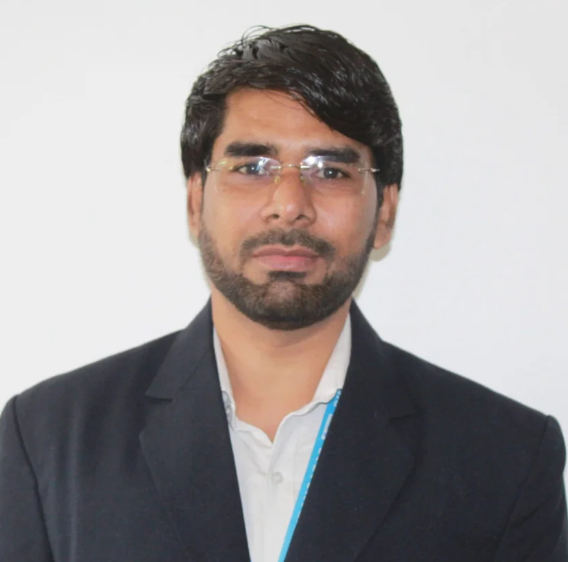
Dr. A. S. Pathan
Designation: Associate Professor
Qualification: M.E ( WRE), PhD – Civil Engineering
Teaching Experience: 17 Years
International Publications: 11
National Publications: 7
Email: akrampathan@dietms.org
Contact NO: 9011415888
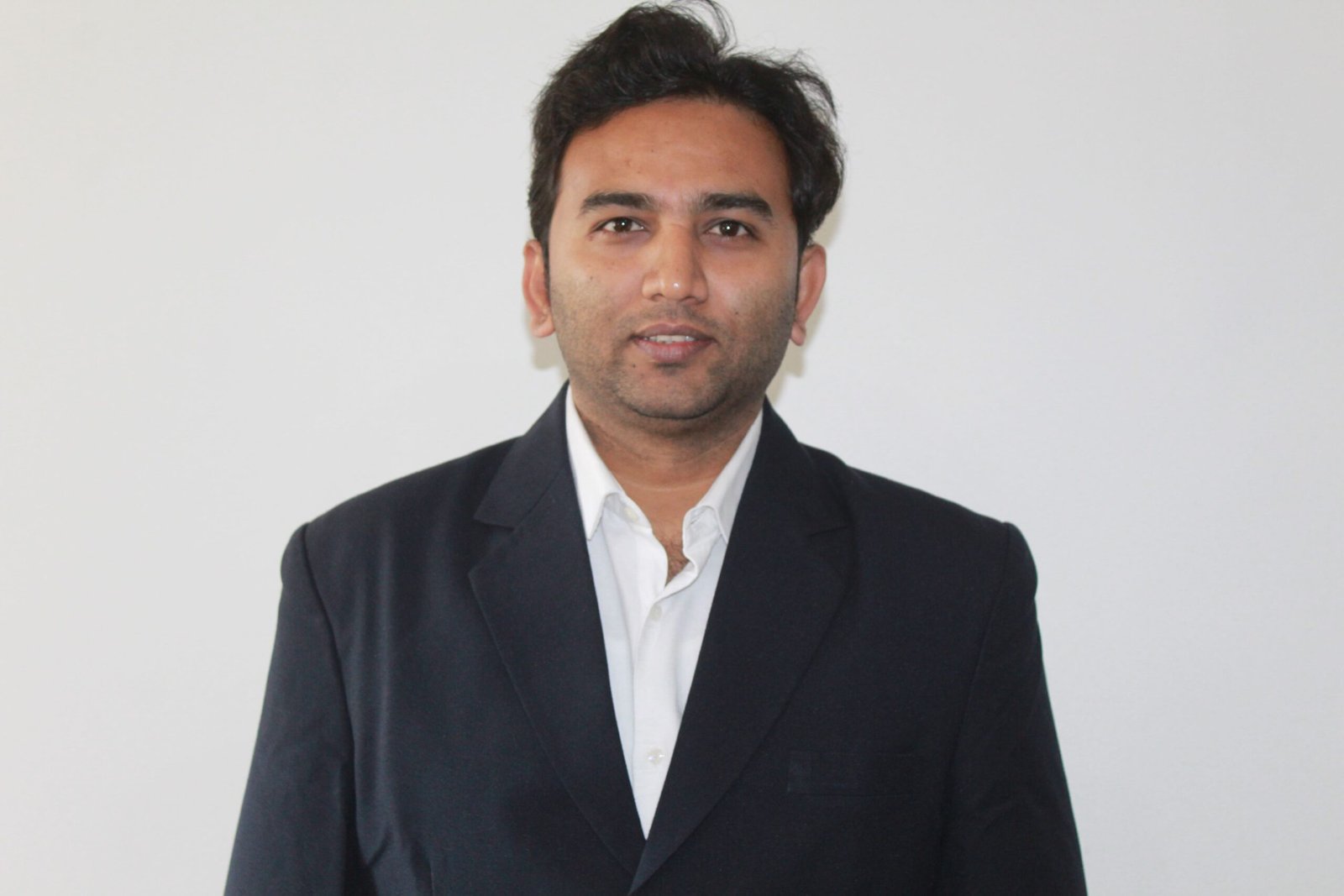
Mr. R. S. Patil
Designation: Assistant Professor
Qualification: M.Tech Structural Engineering
Teaching Experience: 11 Years
International Publications: 25
National Publications: 0
Email: rahulpatil@dietms.org
Contact NO: 8087971768
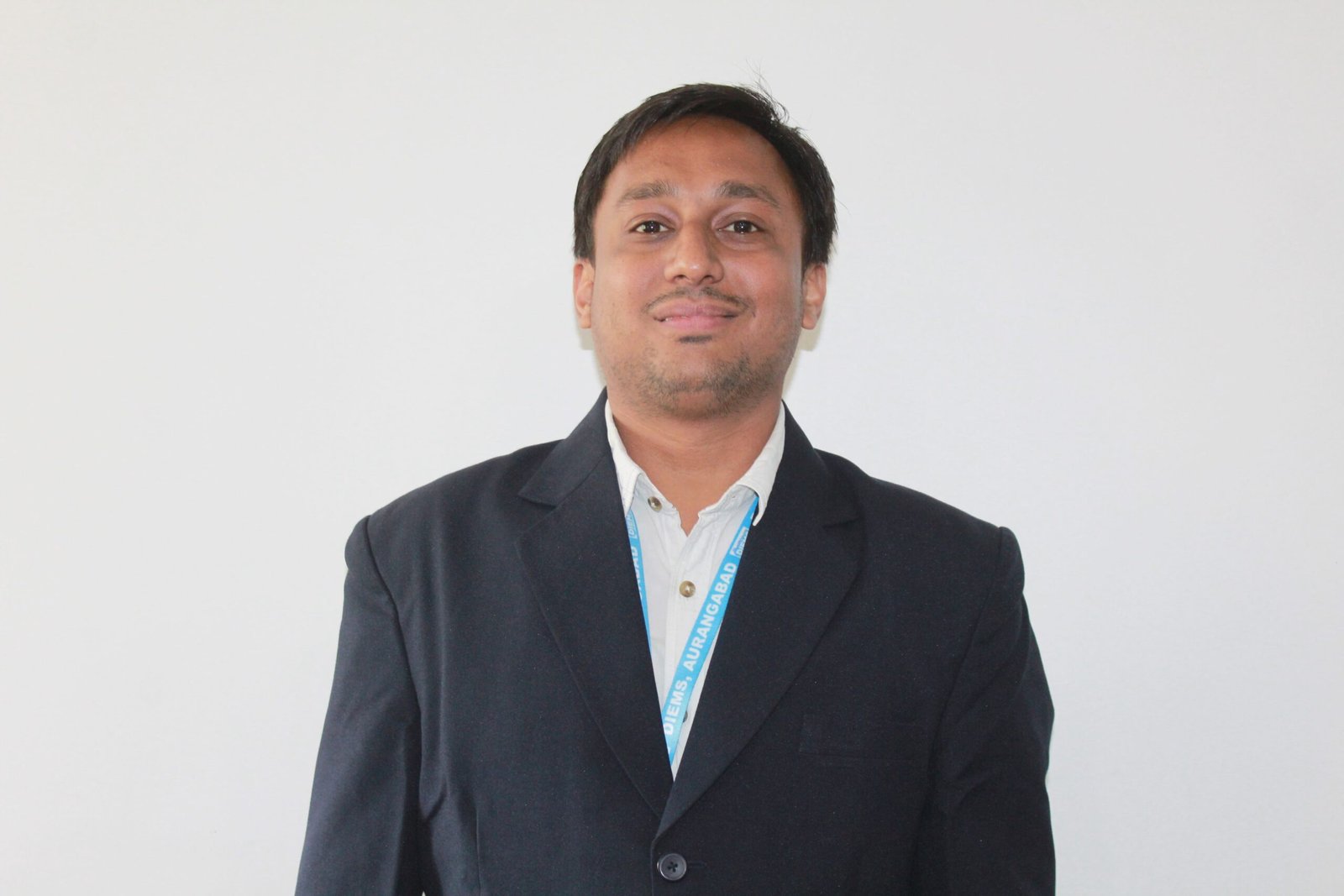
Mr. K. G. Patwari
Designation: Assistant Professor
Qualification: M. E. Structural Engineering
Teaching Experience: 8 Years
International Publications: 7
National Publications: 6
Email: kavishpatwari@dietms.org
Contact NO: 8007902411
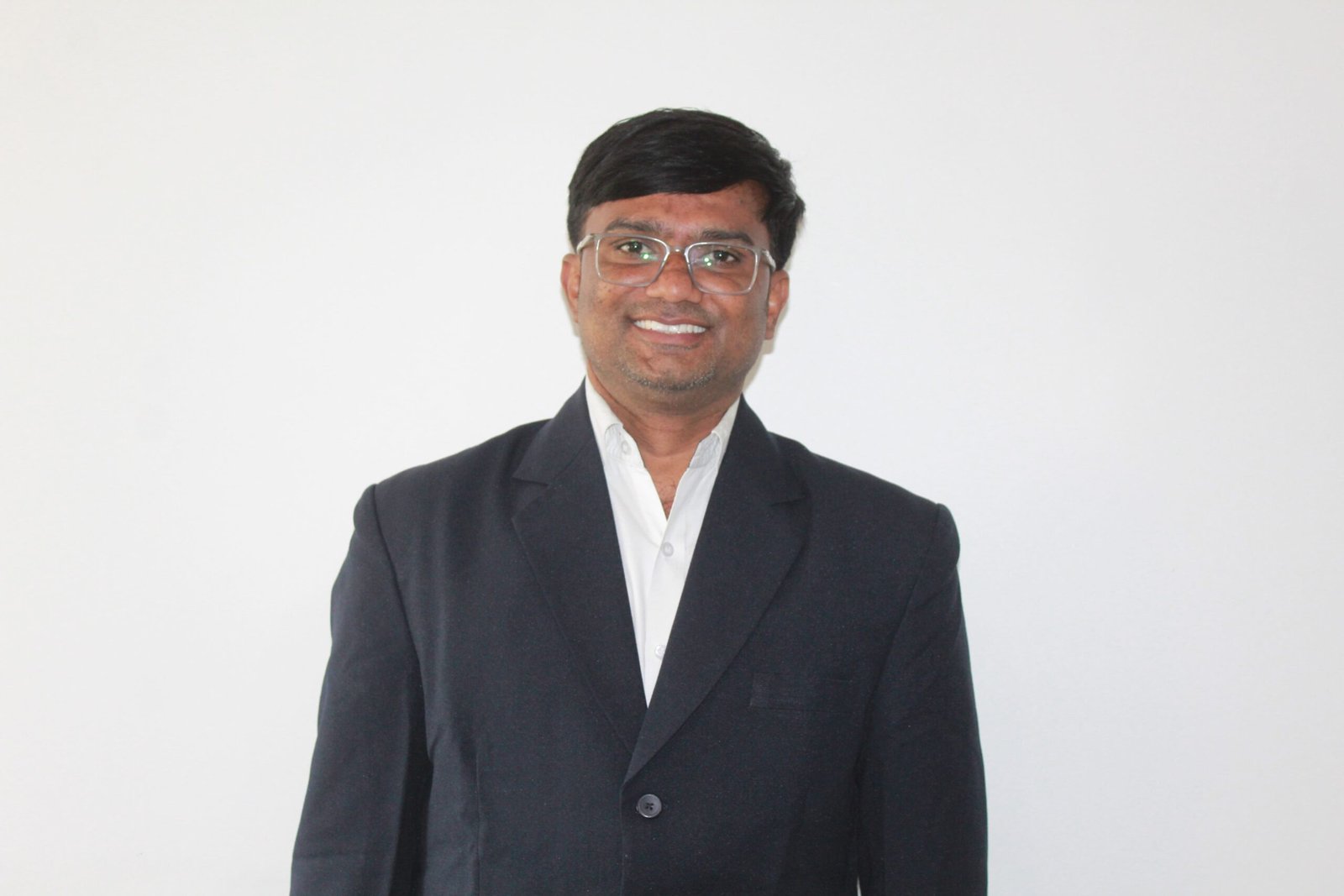
Mr. S. B. Deshmukh
Designation: Assistant Professor
Qualification: M E Structural Engineering
Teaching Experience: 11Years
International Publications: 10
National Publications:
Email: sandipdeshmukh@dietms.org
Contact NO: 9011743071

Mr. N. M. Nikam
Designation: Assistant Professor
Qualification: M.E.Structure
Teaching Experience: 10.6 Years
International Publications: 9
National Publications:
Email: nitinnikam@dietms.org
Contact NO: 9423793494
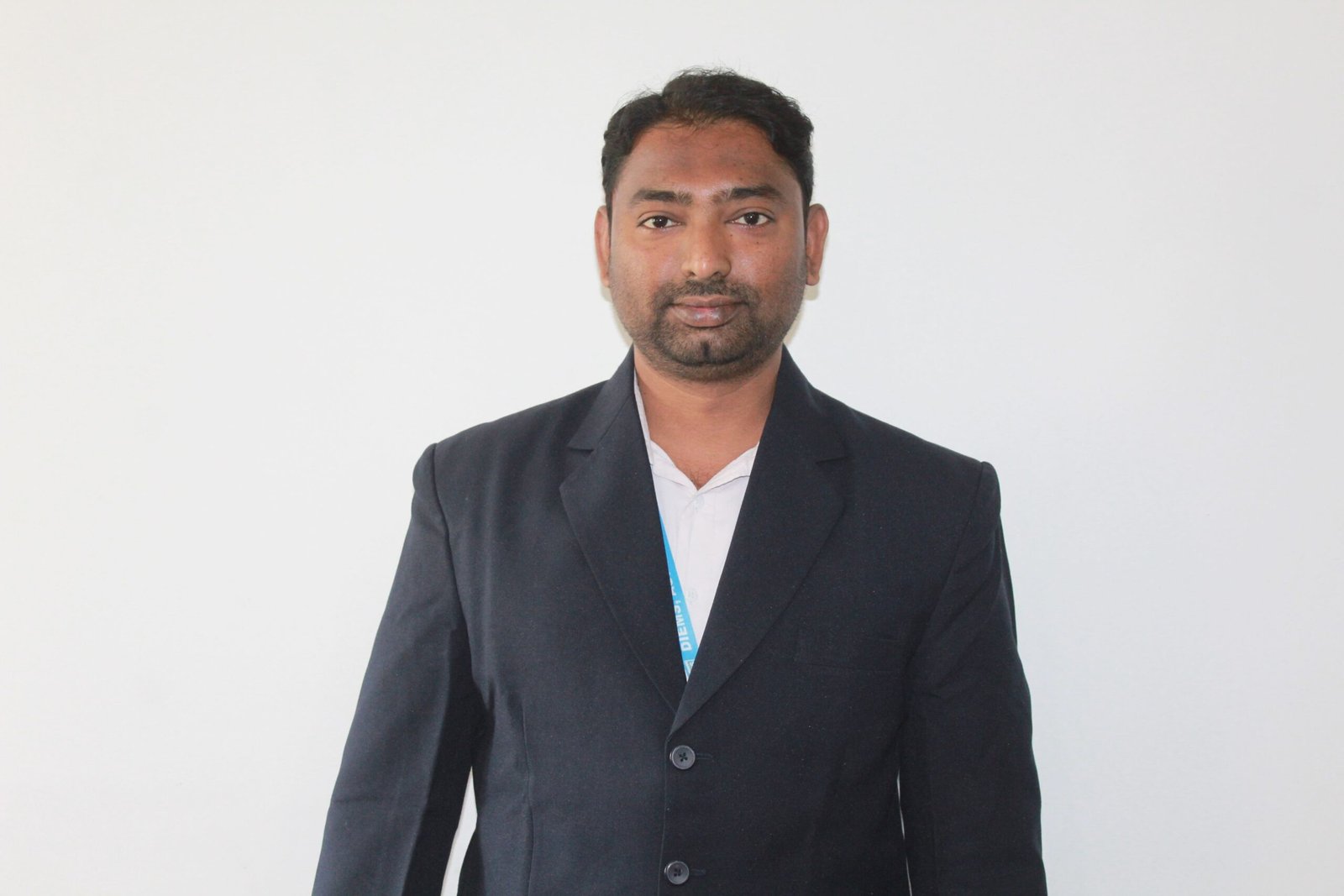
Mr. M. Z. Shaikh
Designation: Assistant Professor
Qualification: ME Structure
Teaching Experience: 12 Years
International Publications: 16
National Publications: 3
Email: zubairshaikh@dietms.org
Contact NO: 9762551333
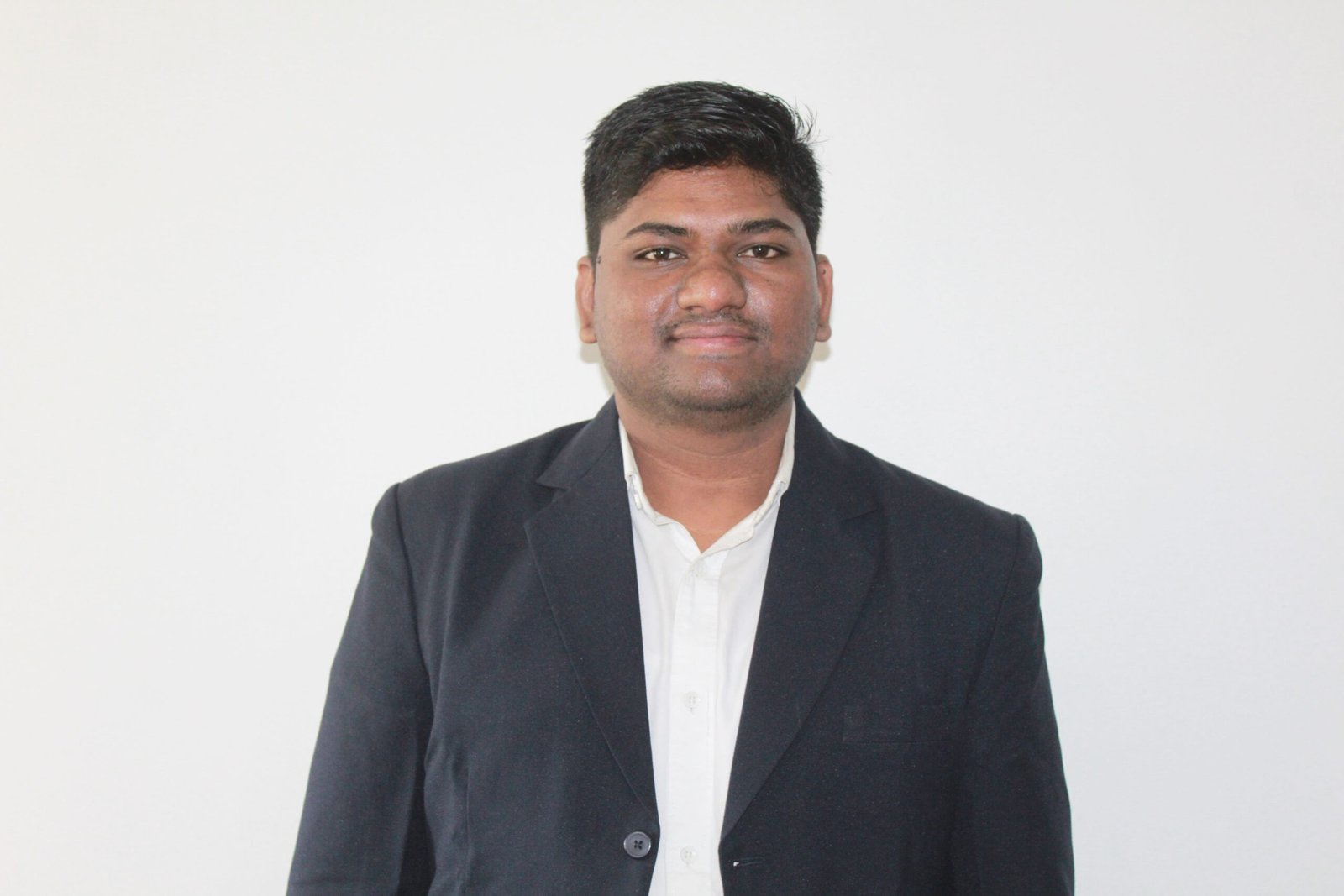
Mr. S. B. Salve
Designation: Assistant Professor
Qualification: BE CIVIL, ME STRUCTURE
Teaching Experience: 9 Years
International Publications: 12
National Publications: 1
Email: sachinsalve@dietms.org
Contact NO: 9579132838
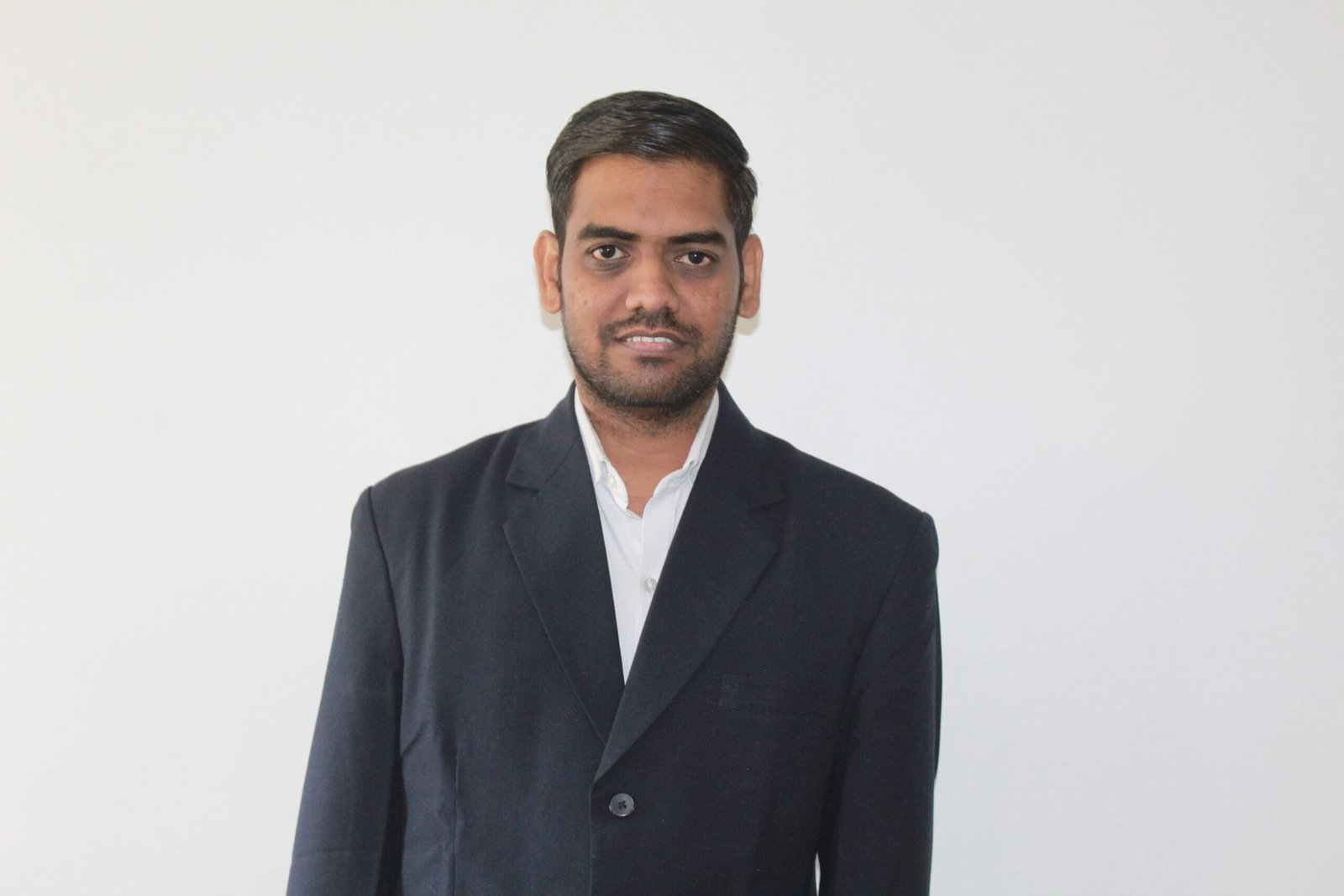
Mr. D. B. Gaidhane
Designation: Assistant Professor
Qualification: M.E. Structural engineering
Teaching Experience: 11 years 6 Month
International Publications: 10
National Publications: 0
Email: dipakgaidhane@dietms.org
Contact NO: 9766986009
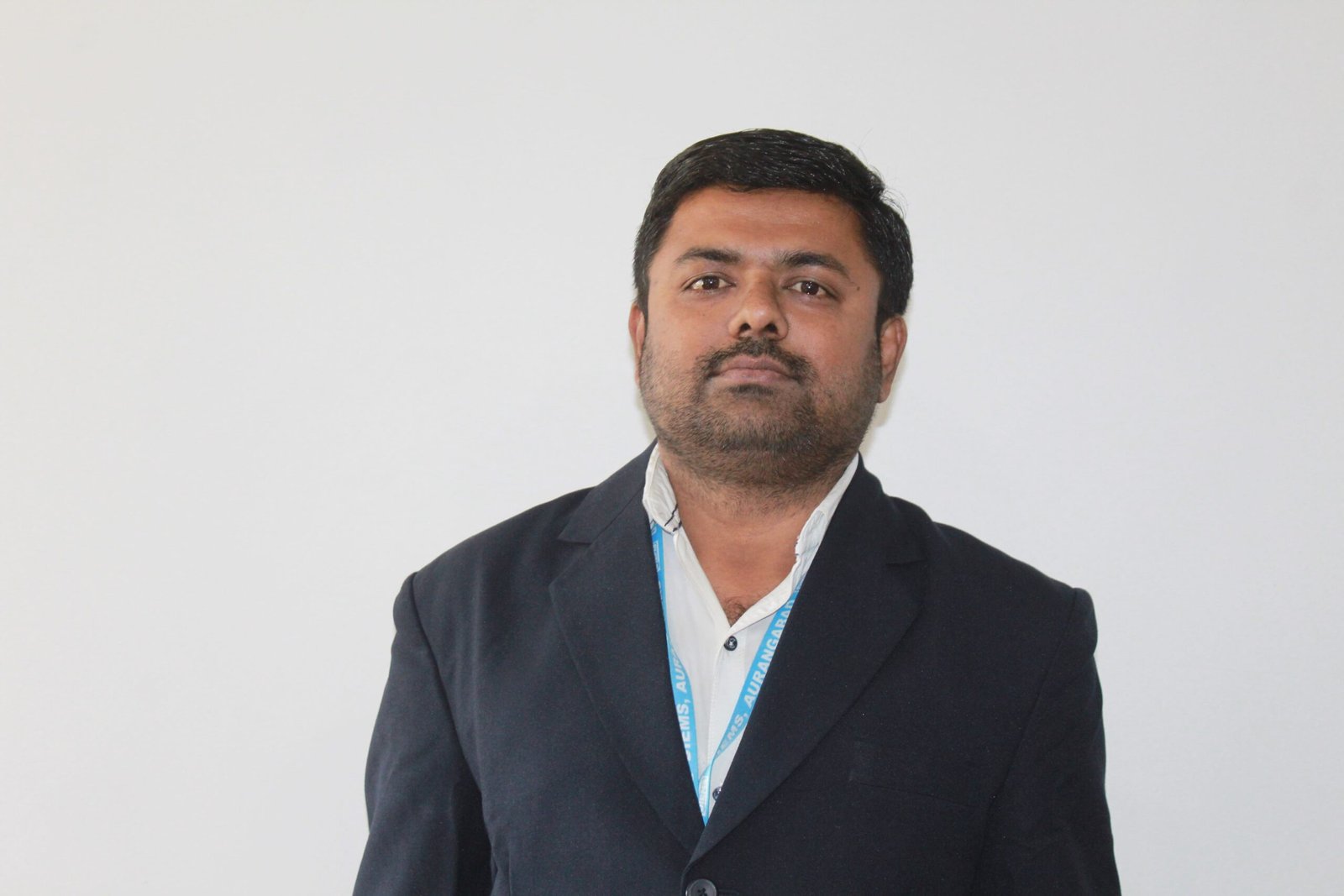
Mr. R. A. Thote
Designation: Assistant Professor
Qualification: ME-Structure
Teaching Experience: 11 Year 6 month
International Publications: 2
National Publications: 3
Email: rameshwarthote@dietms.org
Contact NO: 9637050826
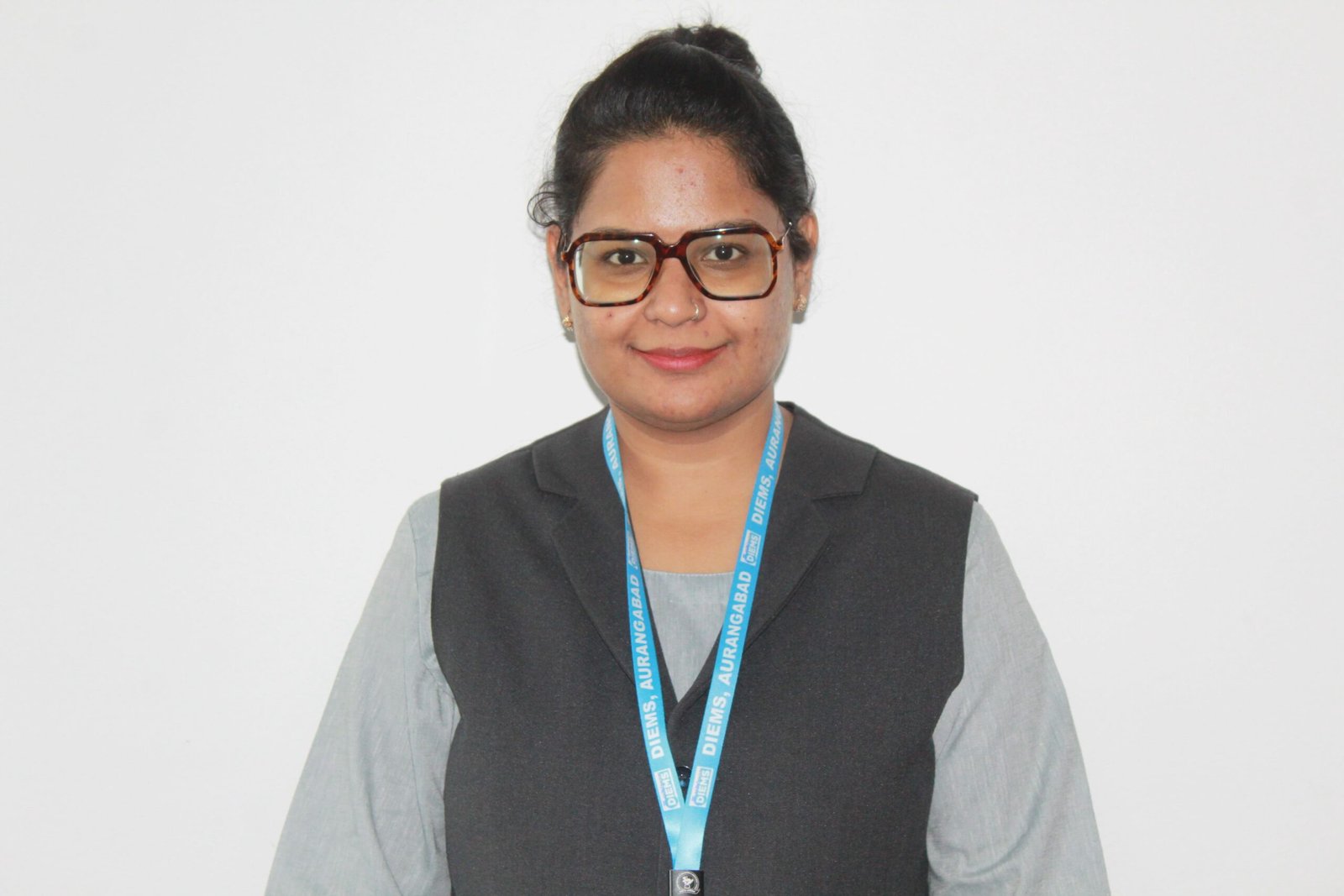
Miss. R. H. Khan
Designation: Assistant Professor
Qualification: M.E(Structure)
Teaching Experience: 9 Years
International Publications: 2
National Publications: 3
Email: ravishkhan@dietms.org
Contact NO: 8698419154
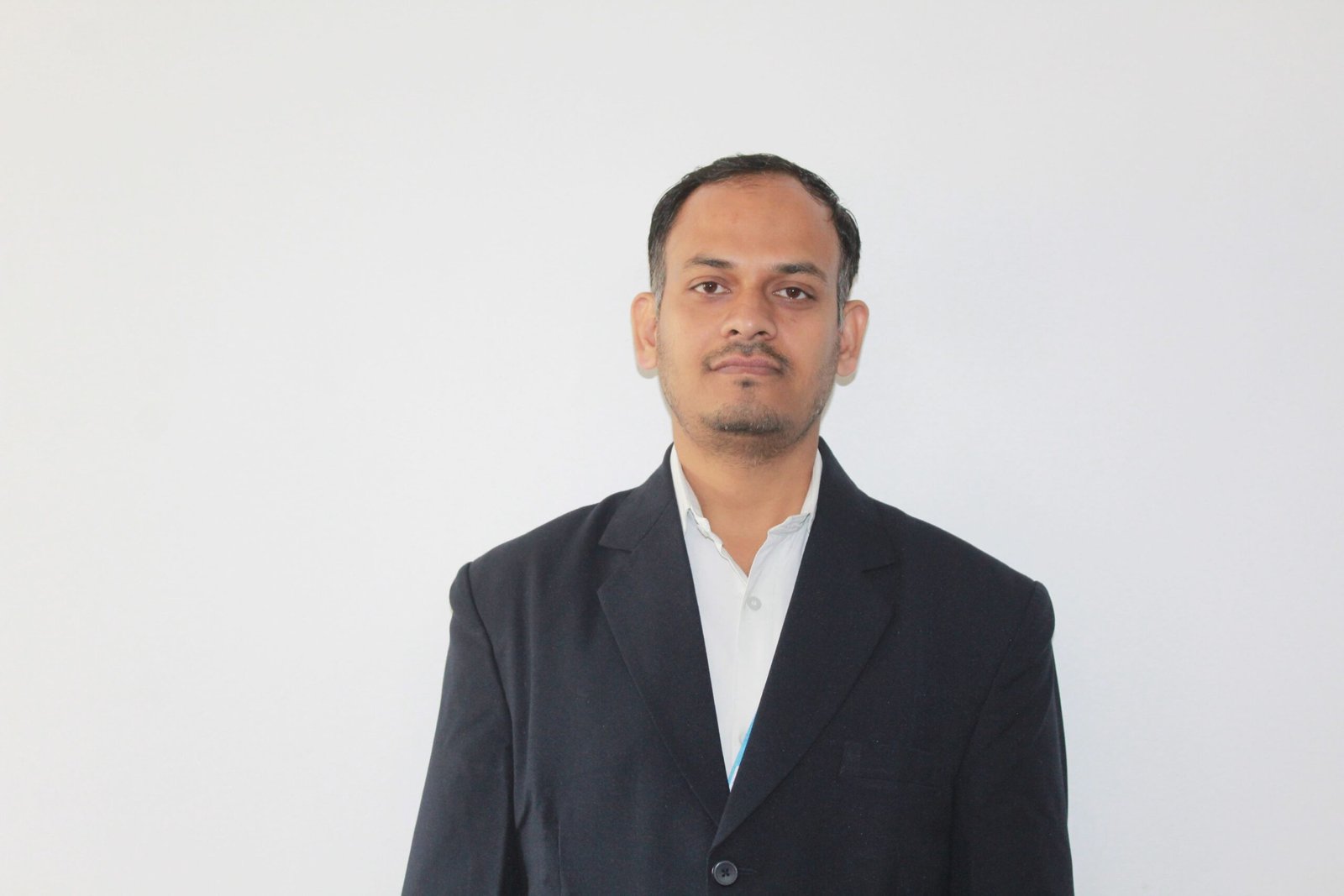
Mr. S. B. Kapse
Designation: Assistant Professor
Qualification: M. Tech Geotechnical Engineering
Teaching Experience: 7.5 Years
International Publications: 7
National Publications: 2
Email: santoshkapse@dietms.org
Contact NO: 9403804711
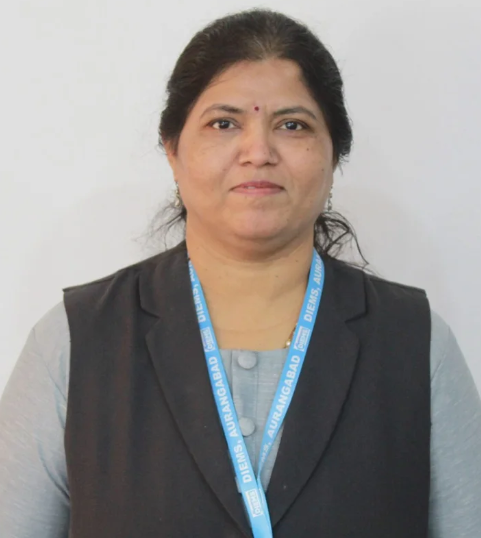
Mrs. S. A. Deshmukh
Designation: Assistant Professor
Qualification: M.Sc(Mathematics)
Teaching Experience: 15 Years
International Publications: 0
National Publications: 0
Email: suchitadeshmukh@dietms.org
Contact NO: 9689598649
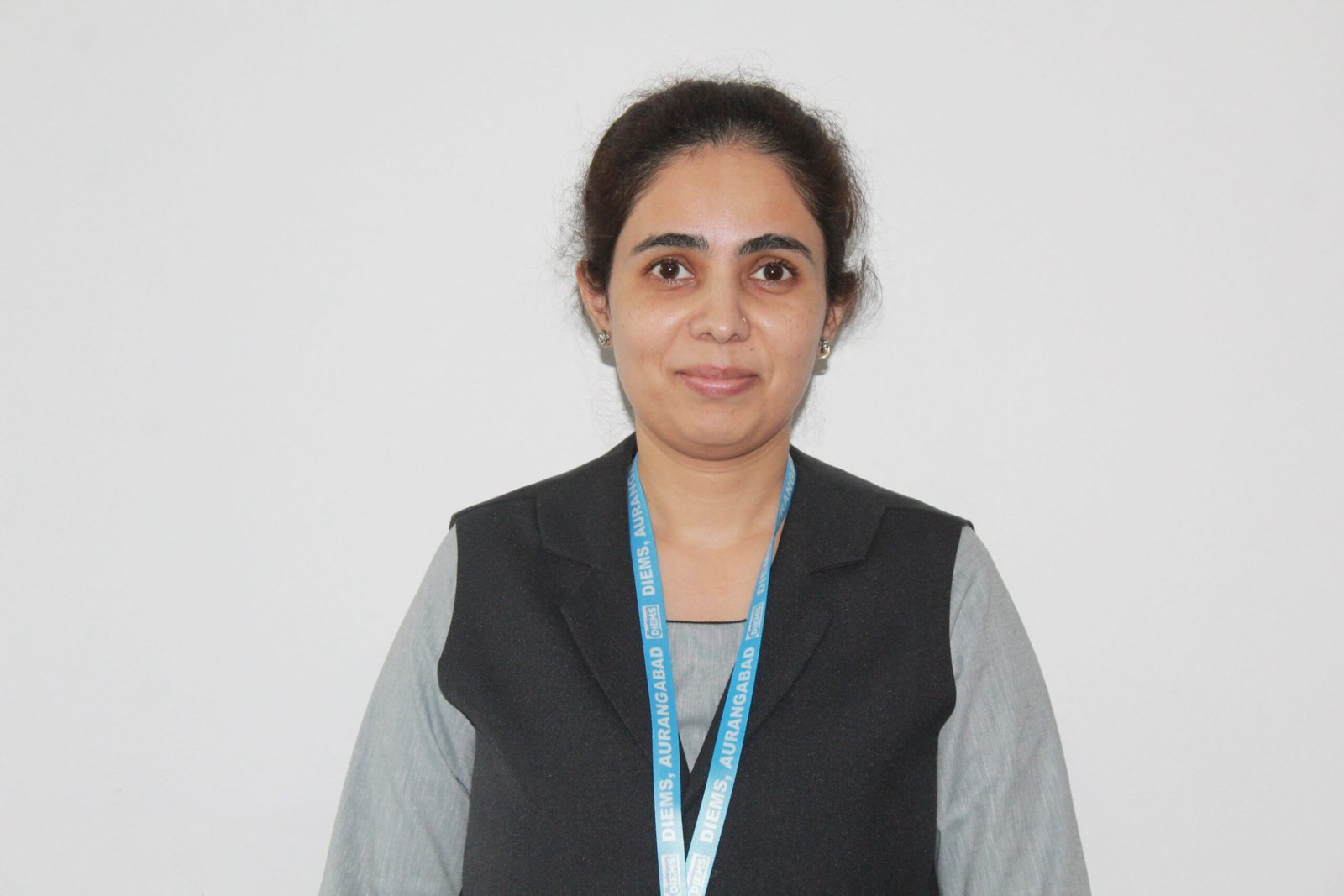
Mrs. Ansari Fatima
Designation: Assistant Professor
Qualification: M.E Civil Structures
Teaching Experience: 13 Years
International Publications: 4
National Publications: 3
Email: ansarifatima@dietms.org
Contact NO: 9689598649
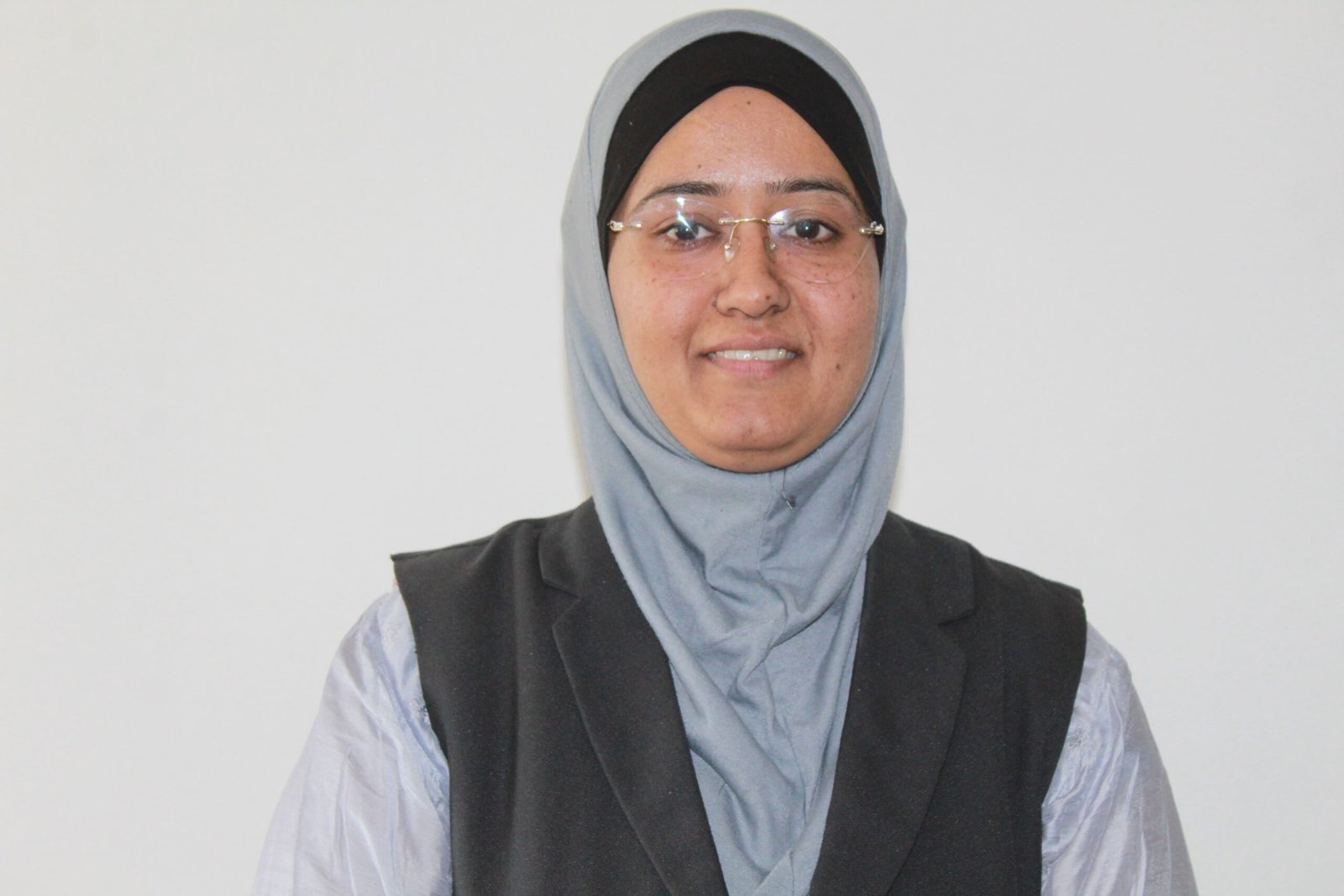
Dr. Amena Ansari
Designation: Assistant Professor
Qualification: BE Civil,ME (Struct),PhD(Civil)
Teaching Experience: 14.5 Years
International Publications: 22
Patent Granted/Published: 1 Granted & 3 Published
National Publications: 4
Email: amenaansari@dietms.org
Contact NO:
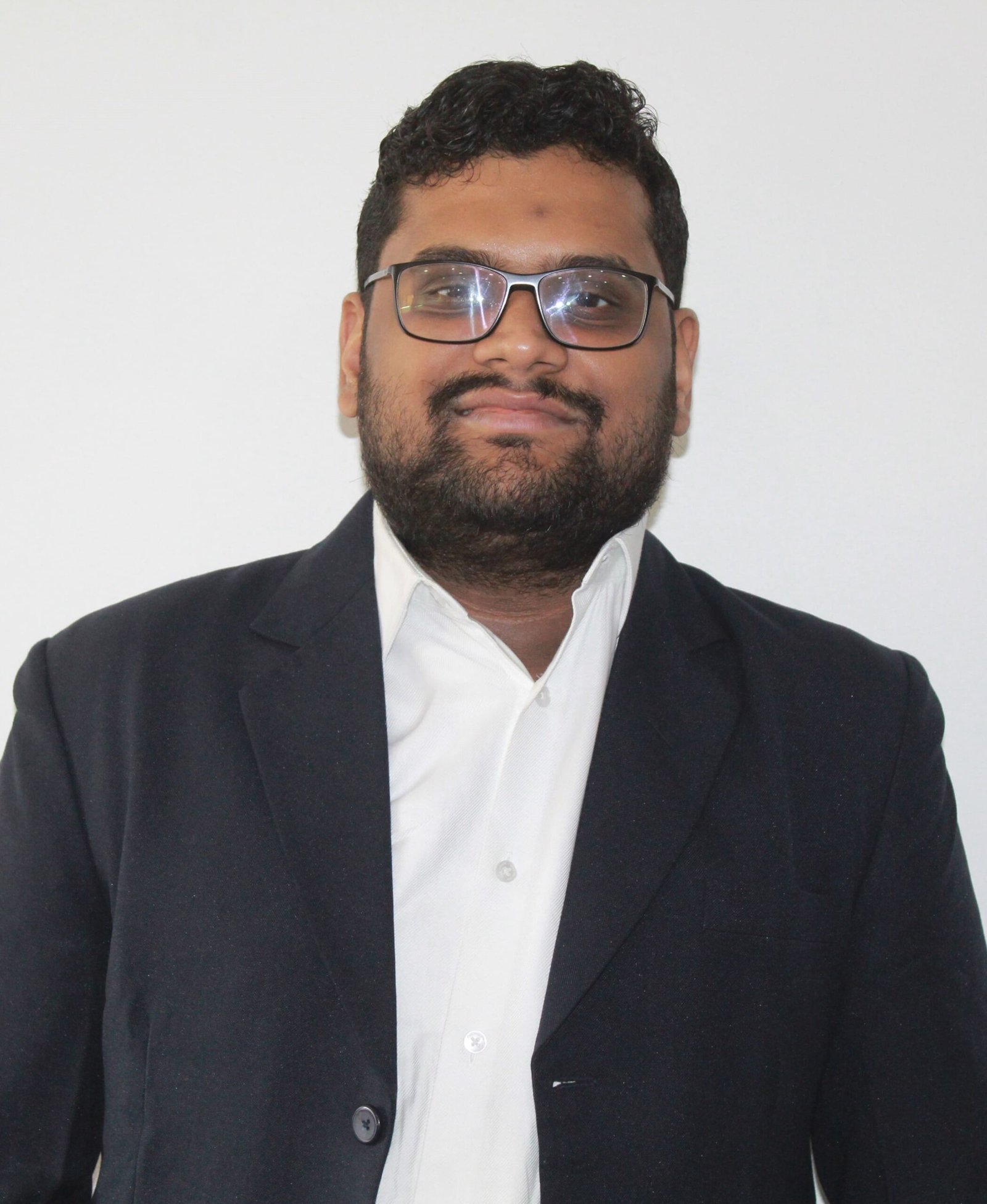
Mr. Tushar Ukirde
Designation: Assistant Professor
Qualification: B.E. Civil, M.tech Geotechnical Engineering
Teaching Experience: 2 years 1 month
International Publications: 0
National Publications: 0
Email: tusharukirde@dietms.org
Contact NO: 8830671508
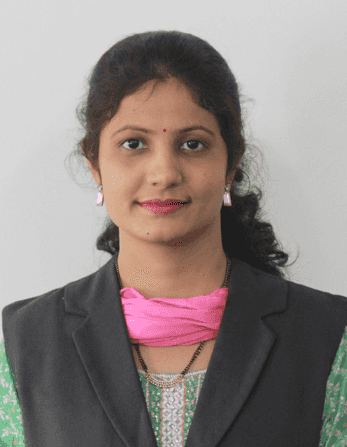
Mrs. Radhika Patekar
Designation: Assistant Professor
Qualification:
Teaching Experience: Years
International Publications:
National Publications:
Email: radhikapatekar@dietms.org
Contact NO: 7507211118
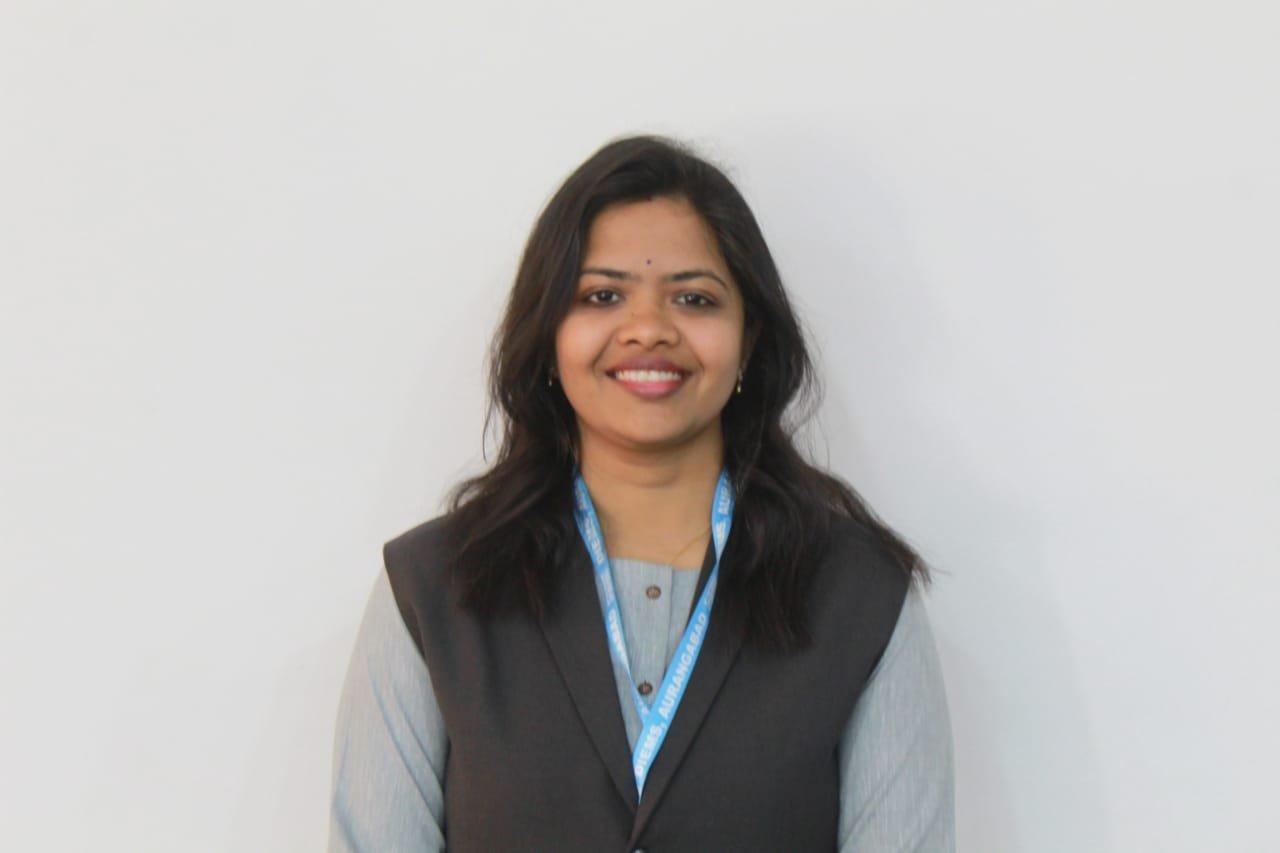
Mrs.I.S.Katariya
Designation: Assistant Professor
Qualification: ME (Construction Management) , Ph.D (Persuing)
Teaching Experience: 6 Years
International Publications: 3
National Publications: 1
Email: ishakatariya@dietms.org
Contact NO: 7972203142
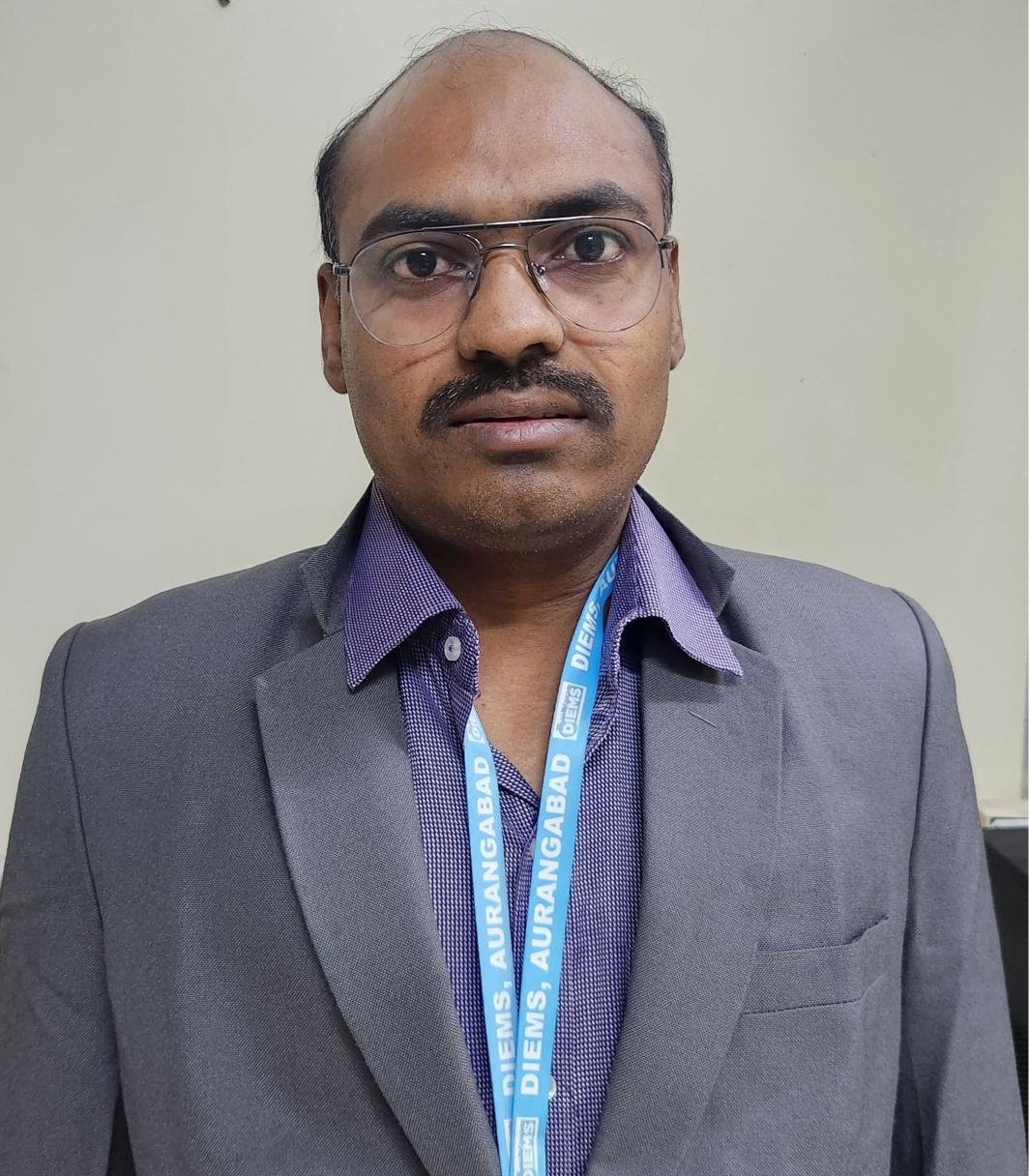
Mr.G.H.Dake
Designation: Assistant Professor
Qualification: BE Civil,ME Structure,PhD Pursuing
Teaching Experience: 6.4 Years
International Publications:
National Publications: 8
Email: govinddake@dietms.org
Contact NO: 8087988534
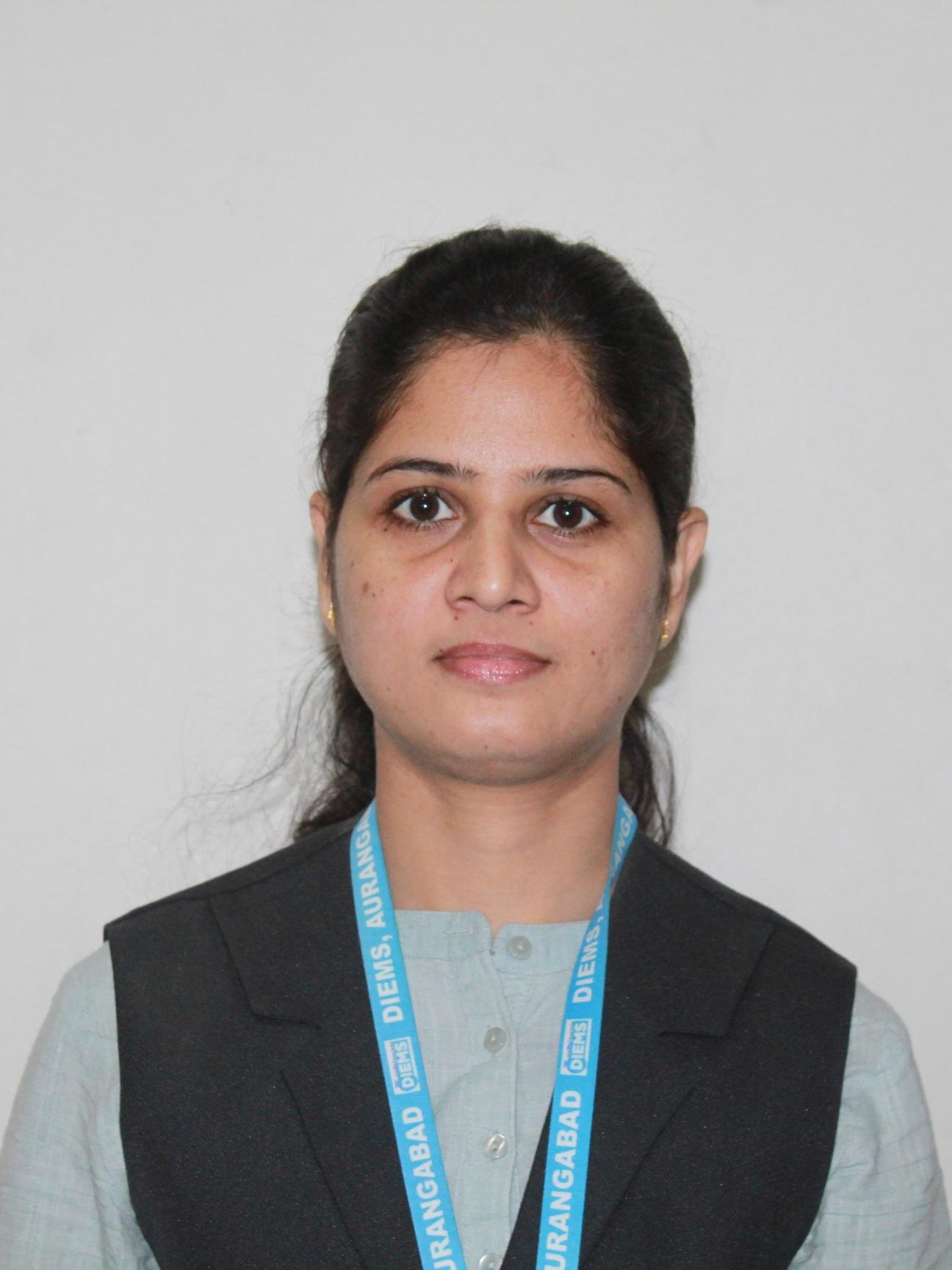
Mrs.A.B.Kalamb
Designation: Assistant Professor
Qualification: BE Civil,ME (Soil Engineering)
Teaching Experience: 5 Years
International Publications: 2
National Publications:
Email:anuradhakalamb@dietms.org
Contact NO: 9665721173
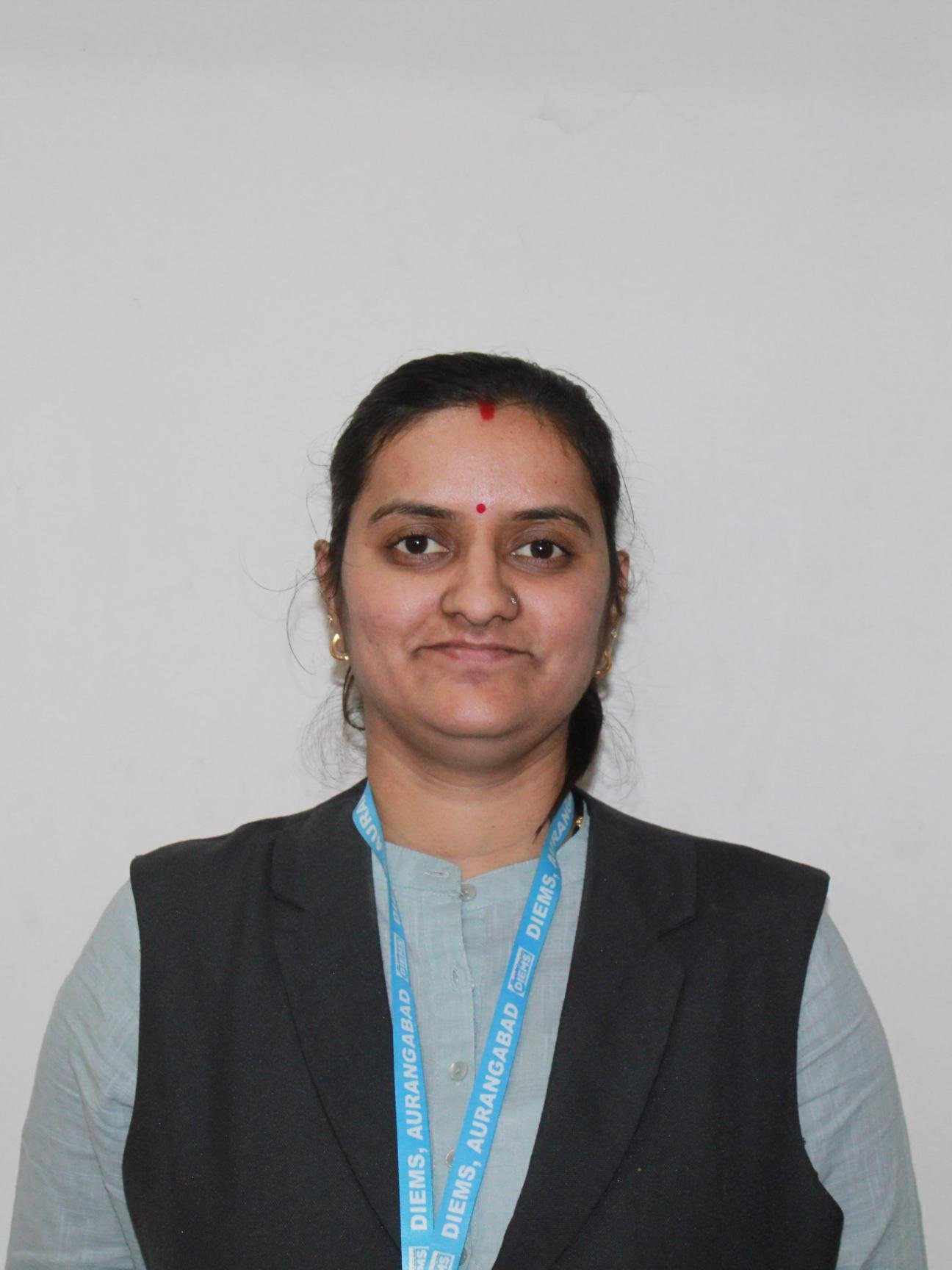
Ms.Pooja Tiwari
Designation: Assistant Professor
Qualification: BE Civil,M.tech (Structure)
Teaching Experience: 2 Years
International Publications:
National Publications: 2
Email:poojatiwari@dietms.org
Contact NO: 9284763240
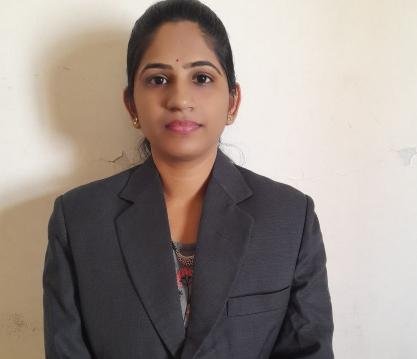
Ms.Kalpna Bhombe
Designation: Assistant Professor
Qualification: M.tech (Structure)
Teaching Experience: 0 Years
International Publications: 2
National Publications:
Email: kalpnabhombe@gmail.com
Contact NO: 9158754050
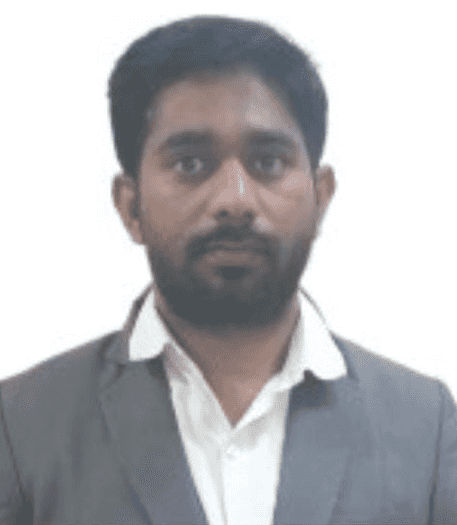
Mr.S.J.Gatkal
Designation: Assistant Professor
Qualification: BE Civil ,ME (WRE)
Teaching Experience: 6.5 Years
International Publications:
National Publications: 2
Email: sujitgatkal@dietms.org
Contact NO: 7249198359

Dr.G.R.Gandhe
Professor & HOD

Dr. A. S. Pathan
Associate Professor

Dr. D. H. Tupe
Associate Professor

Miss. A. K. Pardeshi
Assistant Professor

Dr. S. D. Shinde
Assistant Professor

Mr. R. S. Patil
Assistant Professor

Mr. K. G. Patwari
Assistant Professor

Mr. S. B. Deshmukh
Assistant Professor

Mr. N. M. Nikam
Assistant Professor

Mr. M. Z. Shaikh
Assistant Professor

Mr. S. B. Salve
Assistant Professor

Mr. D. B. Gaidhane
Assistant Professor

Mr. R. A. Thote
Assistant Professor

Miss. R. H. Khan
Assistant Professor

Mr. S. B. Kapse
Assistant Professor

Mrs. S. A. Deshmukh
Assistant Professor

Mrs. Ansari Fatima
Assistant Professor

Dr. Amena Ansari
Assistant Professor

Mr. Tushar Ukirde
Assistant Professor

Mrs. Radhika Patekar
Assistant Professor

Mrs.I.S.Katariya
Assistant Professor

Mr.G.H.Dake
Assistant Professor

Mrs.A.B.Kalamb
Assistant Professor

Ms.Pooja Tiwari
Assistant Professor

Ms.Kalpna Bhombe
Assistant Professor

Mr.S.J.Gatkal
Assistant Professor
